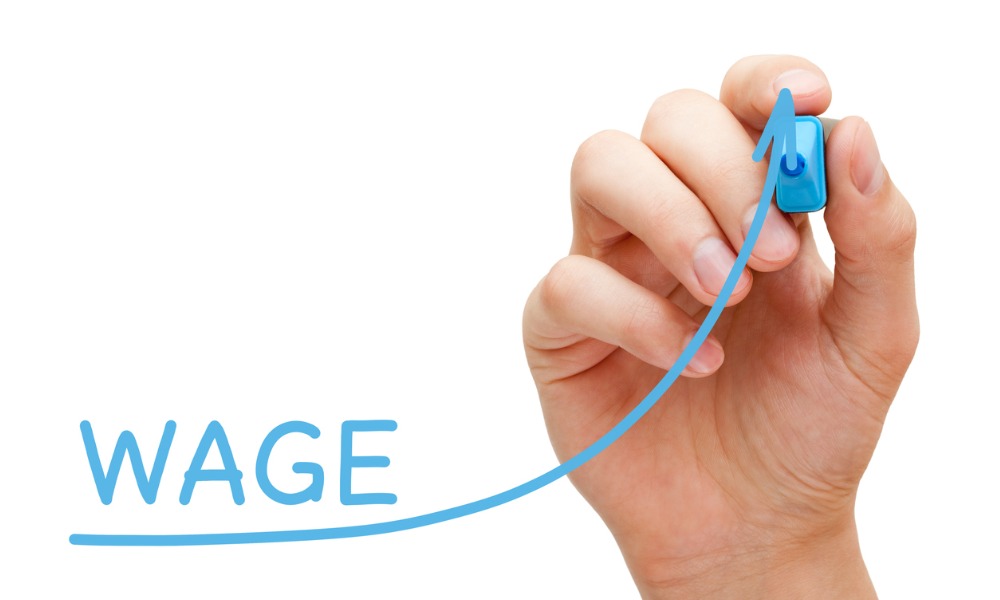
But employers call out 'absence of any evidentiary basis,' cite cost increases for employers

The Australian Council of Trade Unions (ACTU) is asking the Fair Work Commission (FWC) for an interim minimum wage increase of at least four per cent for employees in key "feminised" sectors.
These include early childhood education, healthcare support, and disability home care sectors, according to ACTU.
This proposal is in addition to the five per cent increase in minimum and award wages that was initially sought by the union for all employees, bringing the proposed minimum wage increase to nine per cent for "feminised industries."
ACTU president Michele O'Neil said the additional four per cent is a "vital step in valuing the critical work of early childhood educators and disability homecare workers."
"A nine per cent pay increase will not only support families with cost-of-living pressures but also begin addressing the gender pay gap in sectors like early childhood education," O'Neil said in a statement.
"Achieving equal pay for women requires systemic change and targeted pay rises in feminised industries that are historically very low-paid."
Their proposal comes amid strong opposition from business groups, which called out the "absence of any evidentiary basis" of ACTU's claim and cited the proposal's potential impact on cost increases for employers.
The Ai Group, a strong opponent of ACTU's proposal, is seeking a 2.8% minimum wage hike for workers this year, much lower than ACTU's five per cent.
ACTU said its five per cent proposal is needed to help employees remain afloat amid cost-of-living pressures.
"Working people need a five per cent pay rise to start getting ahead again and make up for the real wage losses from the pandemic as well as the decade of wage stagnation under the Coalition government," O'Neil said.
The FWC is expected to make its decision in early June, with the pay rise set for a July implementation.